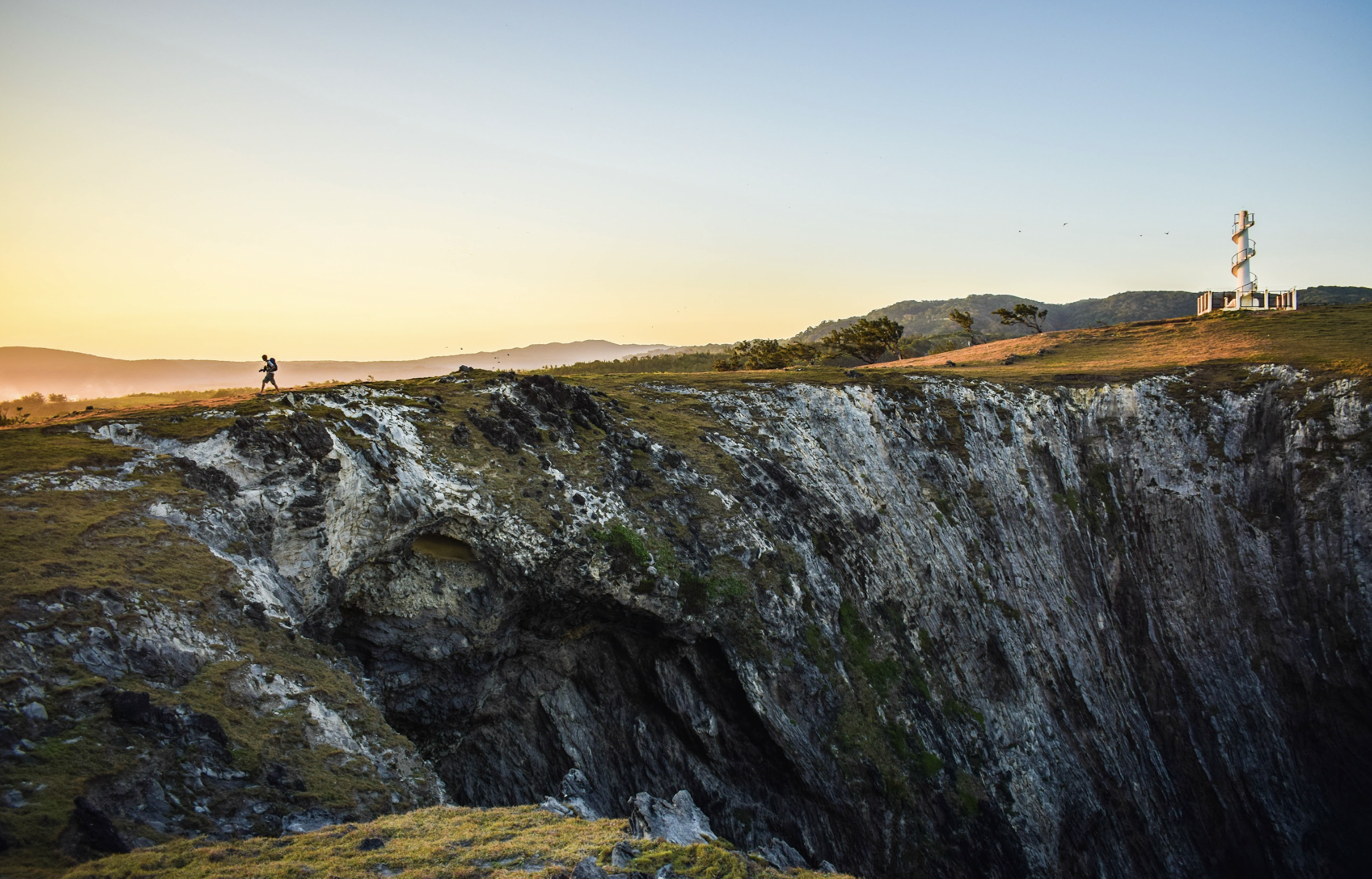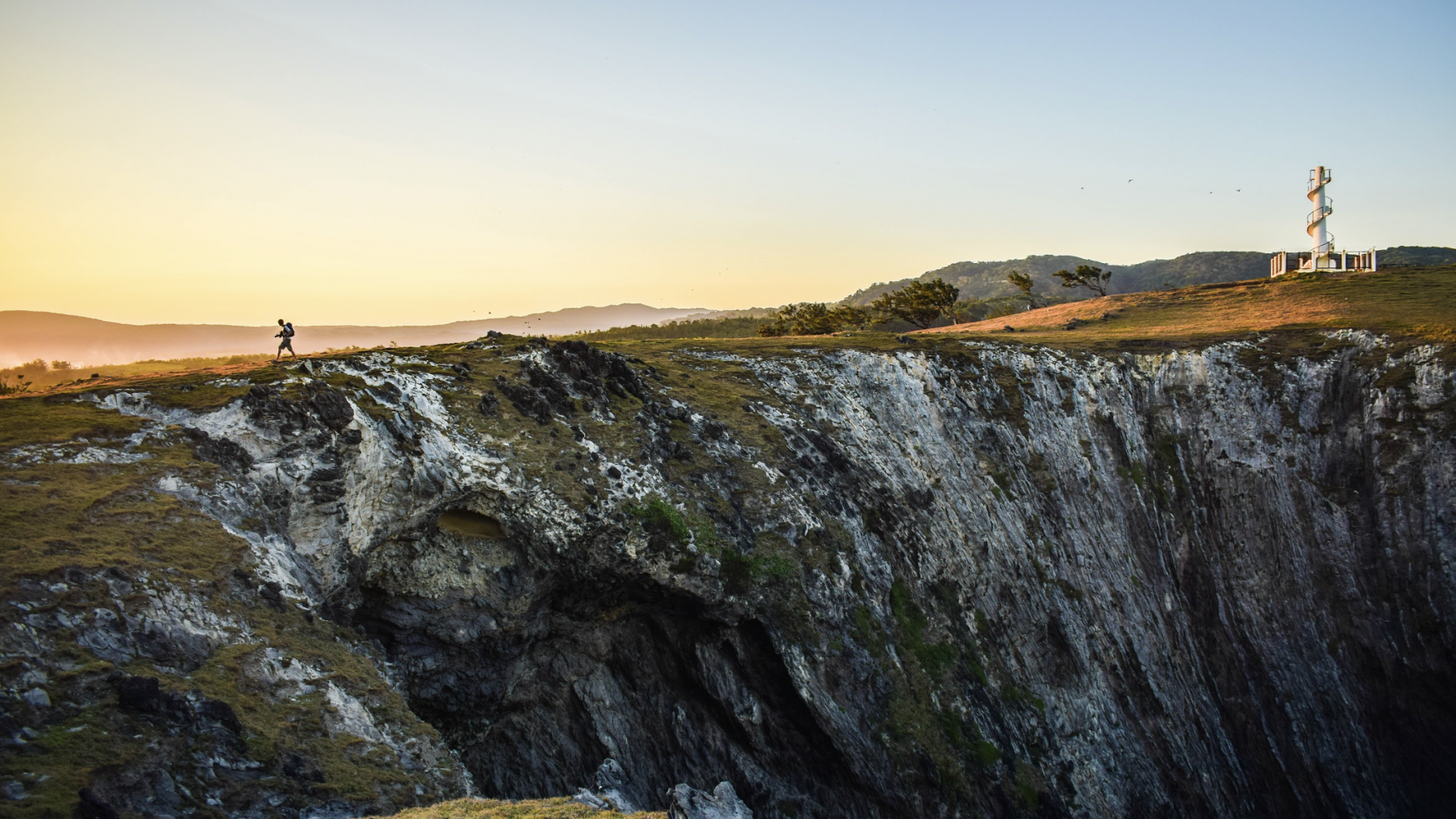
The 30×30 Southeast Asia Coalition (30×30 SEA), commends the Department of Environment and Natural Resources (DENR) during the recent set of negotiations to refine the Post-2020 Global Biodiversity Framework from March 14 to 29 in Geneva, Switzerland.
“The 30×30 SEA Coalition recognizes and appreciates the hard work done by the DENR, particularly in aligning with science and shedding light on the needs of our indigenous peoples and local communities,” said Jamie Dichaves, 30×30 SEA Coalition lead.
The framework, whose first draft was released in 2021, recognizes that “[b]iodiversity, and the benefits it provides, is fundamental to human well-being and a healthy planet.” It also warned that “[d]espite ongoing efforts, biodiversity is deteriorating worldwide and this decline is projected to continue or worsen under business-as-usual scenarios.”
The ambitious global biodiversity framework provides 21 action-oriented targets meant to work towards the fulfilment of urgent action over the decade until 2030 to protect biodiversity.
DENR, representing the Philippines, laid down definitive positions on each target during the meetings, most notable of which was its strong support for Target 3.
Also known as 30×30, Target 3 seeks to protect 30% of the Earth’s land and water forms by the year 2030. An overwhelming scientific evidence shows that protecting 30% of the Earth’s ecosystems will bring enormous biodiversity and climate benefits. It will also cut species extinction rates, increase our overall resilience, adaptation and mitigation to global warming, and prevent future pandemics.
As a next step, the 30×30 SEA Coalition urges the Philippines to join the High Ambition Coalition for Nature and People (HAC), an intergovernmental group of more than 90 countries championing the 30×30 goal.
Should the Philippines join the HAC, it will be the pioneer megadiverse country in the ASEAN to solidify its commitment.
According to Dr. Neil Aldrin Mallari, President of Center for Conservation Innovations PH: “Within the Philippines, an estimated 106,552 km2 (70,850 km2 terrestrial only, 19,601 km2 marine only) have been categorised as Key Biodiversity Areas (KBAs).”
These 128 KBAs have been identified on the basis of species vulnerability, irreplaceability (endemism) and population concentrations, all of which constitute high biodiversity value, and the small ranges of these species in relative terms render the case for immediate and radical action compelling, Dr. Mallari said.
“If this were used as the primary criterion for establishing PAs, coverage of PAs in the Philippines would be c.27 % of total land area, i.e. more than double the current area under protection – allowing us to contribute significantly to the 30% global target,” he added.
“The time is therefore ripe both to reassess the positioning of the Philippines’ existing PA network, which may involve some de-gazetting, and to optimise placement of new reserves with respect to unique and threatened taxa” says Dr. Mallari, who is also the Regional Focal Point (Southeast Asia-Philippines) of the IUCN World Commission on Protected Areas.
Aside from expressing support for the numeric target, the Philippines also stood firm on its position of having an explicit reference to the rights of indigenous peoples and local communities (IPLCs), with free, prior informed consent (FPIC) being the set minimum.
This stance is critical as many IPLCs across the world have devastatingly been impacted by forced evictions and cultural dispossession in the name of area-based conservation despite the important role they play in protecting biodiversity.
In most cases, IPLCs are more effective conservationists, with 91% of their lands considered to be in good or fair ecological condition.
At least 36% of identified KBAs also lie within their lands, as reported in the state of IPLC lands and territories by the World Wildlife Fund and Indigenous Community Conserved Area (ICCA) Consortium.
“This development highly motivates us to intensify our lobbying efforts in the Southeast Asian region,” said Dichaves
As the Geneva meetings come to a close, the coalition is preparing for the subsequent meetings leading up to COP15, the coalition lead said.
Dichaves said the coalition is calling forth for more organizations across the region to join the cause.
“Every voice is one step towards securing the commitment of our decision-makers,” she highlighted.
To date, the youth-led 30×30 SEA Coalition has over 180 individual and organization members from the Philippines, Malaysia and Indonesia.





